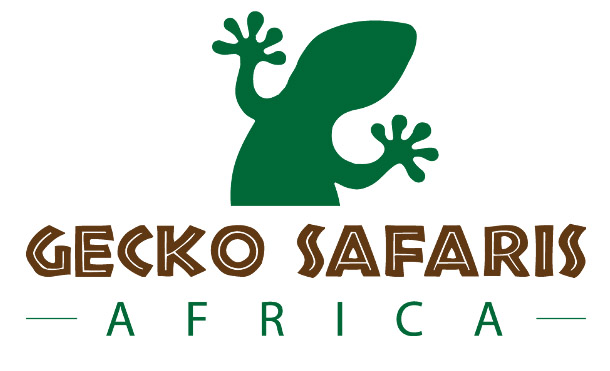Is gorilla trekking in Uganda ethical?Ethical gorilla trekking in Uganda: sustainable gorilla tourism—gorilla conservation and community benefits.
Yes, gorilla trekking in Uganda is widely recognized as an ethical activity due to its robust emphasis on conservation, community development, and sustainable tourism.
When carried out under regulated conditions, it contributes positively to the survival of mountain gorillas and the welfare of surrounding ecosystems and communities.
1. Conservation Benefits
Uganda’s gorilla trekking practices align closely with conservation goals.
Direct Funding
Trekking permits (costing $800–$700 for foreigners) generate significant revenue. These funds finance anti-poaching efforts, habitat protection, and research projects.
For example, Uganda Wildlife Authority (UWA) utilizes these revenues to conduct patrols and provide veterinary care to gorillas
Population Growth
Conservation efforts supported by trekking have led to the recovery of mountain gorilla populations in Bwindi Impenetrable National Park and Mgahinga Gorilla National Park.
The species, once critically endangered, now shows increasing numbers due to targeted conservation initiatives
2. Strict Guidelines for Ethical Practices
Limited Human Contact
Trekking permits restrict the number of tourists who can visit gorilla families each day.
This minimizes stress on the animals and preserves their natural behaviors. Visitors are allowed only one hour of observation per trek
Health Protocols
Controlled Habituation
Gorillas visited during treks undergo a gradual habituation process to adjust to non-threatening human presence. This ensures minimal disruption to their natural lives
3. Community Empowerment
One of the hallmarks of Uganda’s gorilla trekking ethics is its community-inclusive approach:
Revenue Sharing
A portion of the income from permits is reinvested into local communities, funding schools, healthcare, and infrastructure development.
This builds local support for gorilla conservation and reduces the temptation of illegal activities like poaching
Job Creation
Tourism creates employment opportunities for locals, including guides, porters, and hospitality staff. Porters, for instance, assist trekkers, earning an alternative livelihood to unsustainable activities
4. Sustainability and Environmental Awareness
Gorilla trekking in Uganda demonstrates how tourism can be sustainable when responsibly managed.
Eco-Friendly Operations
Tourism lodges near Bwindi and Mgahinga often adopt eco-friendly practices, like using solar power and waste recycling, to minimize their ecological footprint
Minimal Impact
Trekking groups adhere to marked trails, reducing environmental damage. Limited group sizes ensure that the ecosystem remains undisturbed
Challenges and Considerations
Impact of Overtourism
While efforts are made to limit human interaction, the growing popularity of gorilla trekking requires constant monitoring to ensure ethical standards are maintained
Health Risks
Gorilla populations remain vulnerable to diseases that can be transmitted by humans, necessitating vigilance in enforcing health protocols
Gorilla trekking in Uganda is ethical when conducted under its existing conservation-focused framework.
By blending tourism with ecological preservation and community benefits, Uganda demonstrates how such activities can safeguard endangered species while uplifting local populations.
However, it requires continued oversight to adapt to challenges like increasing demand and evolving conservation needs.


